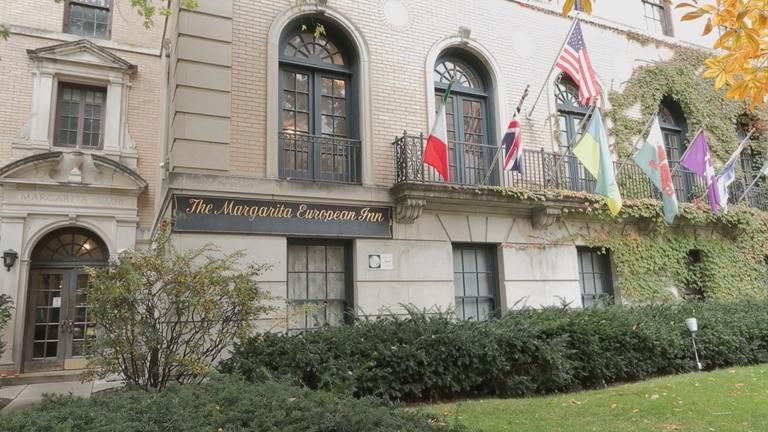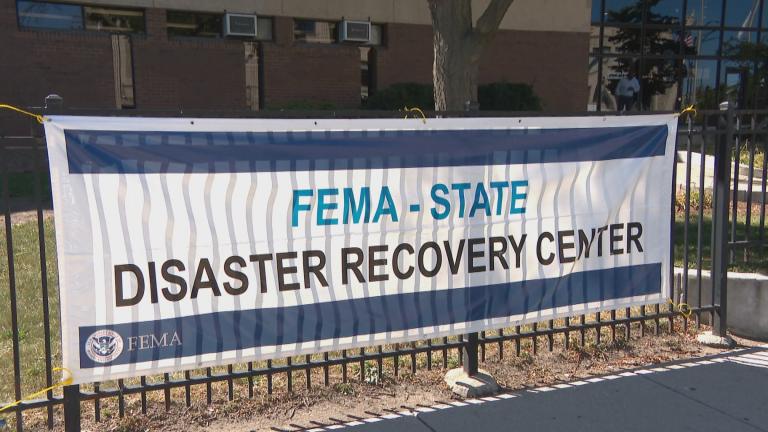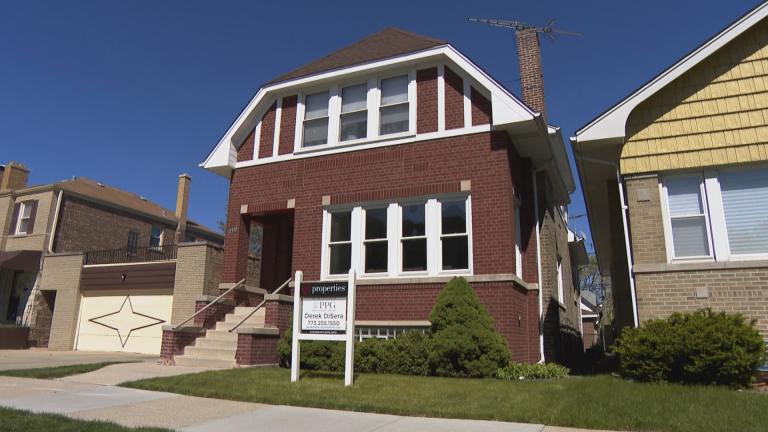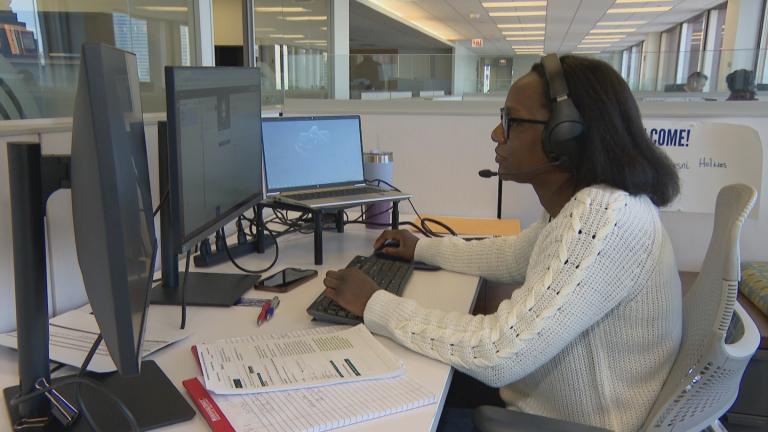Often when criminal court defendants are placed on probation, they’re sent back to jail if caught using drugs. But in one Cook County courtroom, they’re given a second chance – and sometimes a third or fourth.
Tonight: A look at a Cook County drug court program that’s designed to break the cycle of addiction.
It’s not your typical graduation ceremony: no caps and gowns; no pomp and circumstance.
And the framed certificates are not diplomas.
These 20 graduates are completing Cook County’s drug court program, called Rehabilitative Alternative Probation – or RAP.
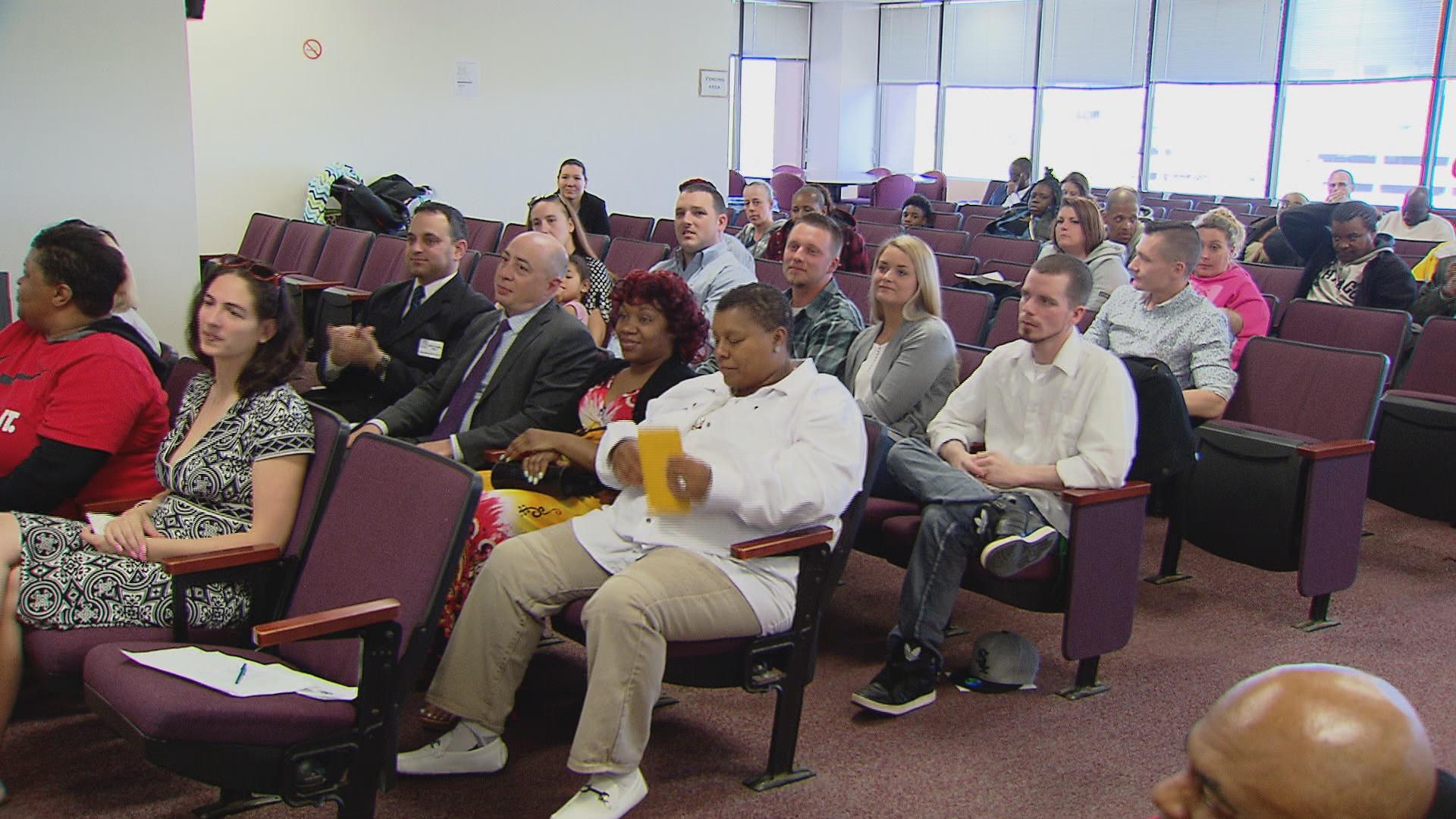
“I’d been in and out of prison a lot of my life, I used heroine for 19 years,” says RAP program graduate Travis.
“I didn’t know how to stay sober, my struggle was long, many years I used,” Courtney says.
“I’d be dead right now,” says Ariana.
Instead of facing death, they’re celebrating their lives, and it’s not often that former criminal court defendants celebrate with a judge.
Cook County Judge Charles Burns presides over drug court, which graduates 40 to 50 people every year.
“Instead of sending them to the penitentiary for them to be released to go back to streets and not dealing with their problems, we try to tackle the addiction problems which lead to the criminal behavior,” Burns says.
He says defendants are referred to his court from other judges. If eligible, based on their charges – and their addiction – they can choose to join RAP.
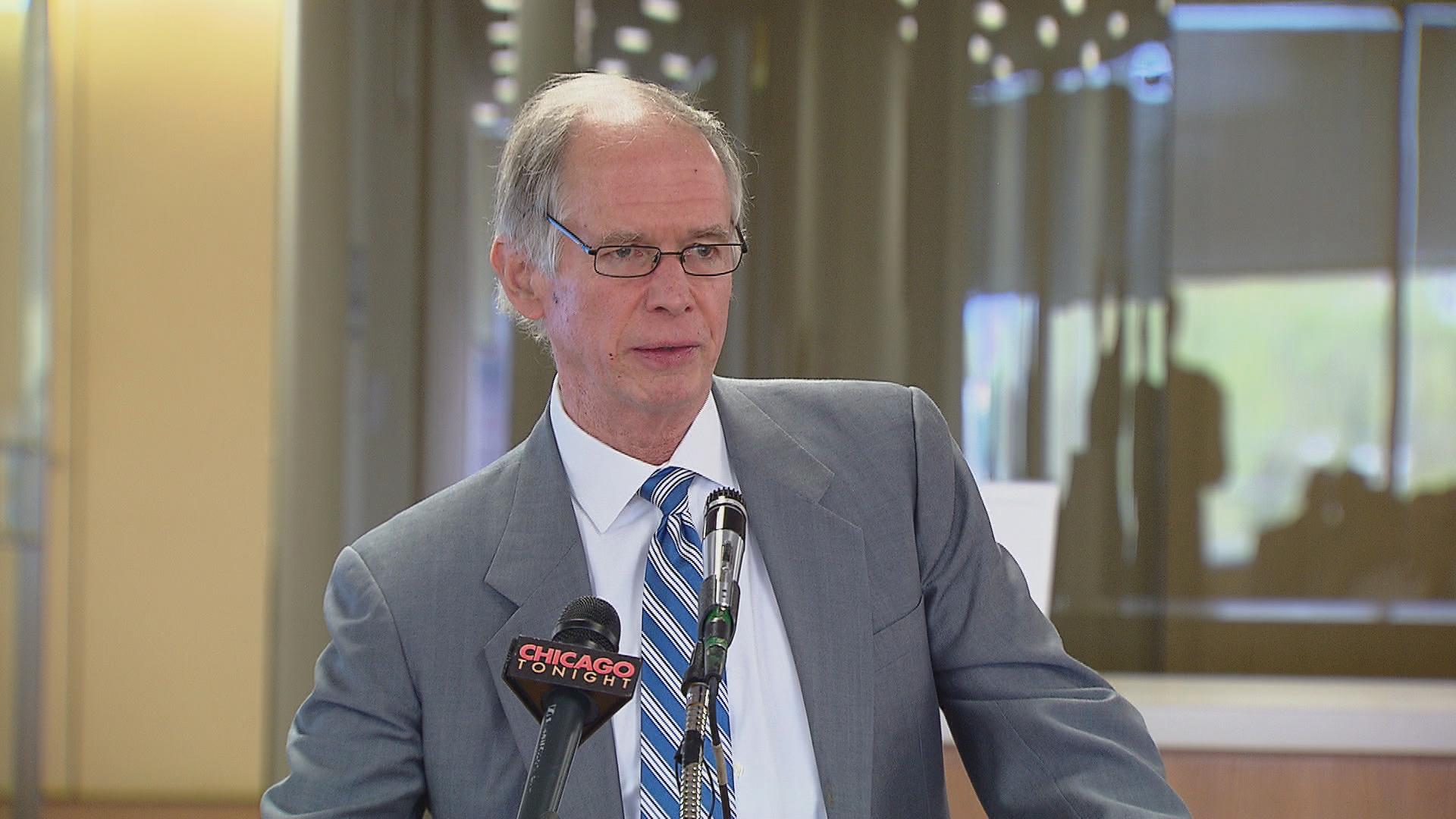 Cook County Judge Charles Burns (Chicago Tonight)
Cook County Judge Charles Burns (Chicago Tonight)
Some of them say no, Burns said.
“I always tell them that they should think about it, because the problems not going to go away once they serve their sentence,” he says. “A lot of times when they first come in, they’re going through withdrawal, they’re what we call dope sick, and they’re ready to take their time and frankly I’m not ready to give ‘em their time right then.”
Instead of being sentenced for their crimes, they’re put on probation and assigned to a residential treatment facility. Next, they head to a halfway house or recovery home before they’re ready to move out into their own stable housing.
Along the way, there are regular visits with the judge and probation officer, and random drug testing.
As the program concludes, case workers help with finding services and job opportunities. And they’re given about two years for the whole process.
Everyone graduating here today can say they have a job.
To graduate, participants must have been clean for at least six months, have a job or be enrolled in school, pay a $270 program cost, and complete 40 hours of community service.
Burns says the county’s own research shows that 91 percent of graduates do not recommit within their first year of graduating.
At five years out, it’s down only a little, to 88 percent.
That’s well below national data, showing just over 23 percent of drug offenders staying out of jail within five years of release from prison.
“I looked at some statistics about what it costs to incarcerate someone, it’s about $23,000 a year,” said Burns. “I also saw that for every dollar you put into a drug court program, you have at least $3 in savings with regard to victimization and also medical costs. This works.”
Though they can boast success, Burns and his staff know there will be struggles along the way. Only 50 percent of those who enter the program make it to graduation.
“While I was on this program, I lost the rights to my 3-year-old because of my relapse,” said 35-year-old Ariana Laffey. “And I wound up pregnant with my third child who’s here with me. And I’m grateful you kept me on this program to make sure I had a healthy son. And I do have a healthy son, my first child without any drugs in his system.”
After years of struggle with drug addiction, Laffey calls baby Aiden her miracle.
“The minute I held him … I knew that my life was gonna change and he’s my life. That smile and those eyes, he changed my life,” Laffey said.
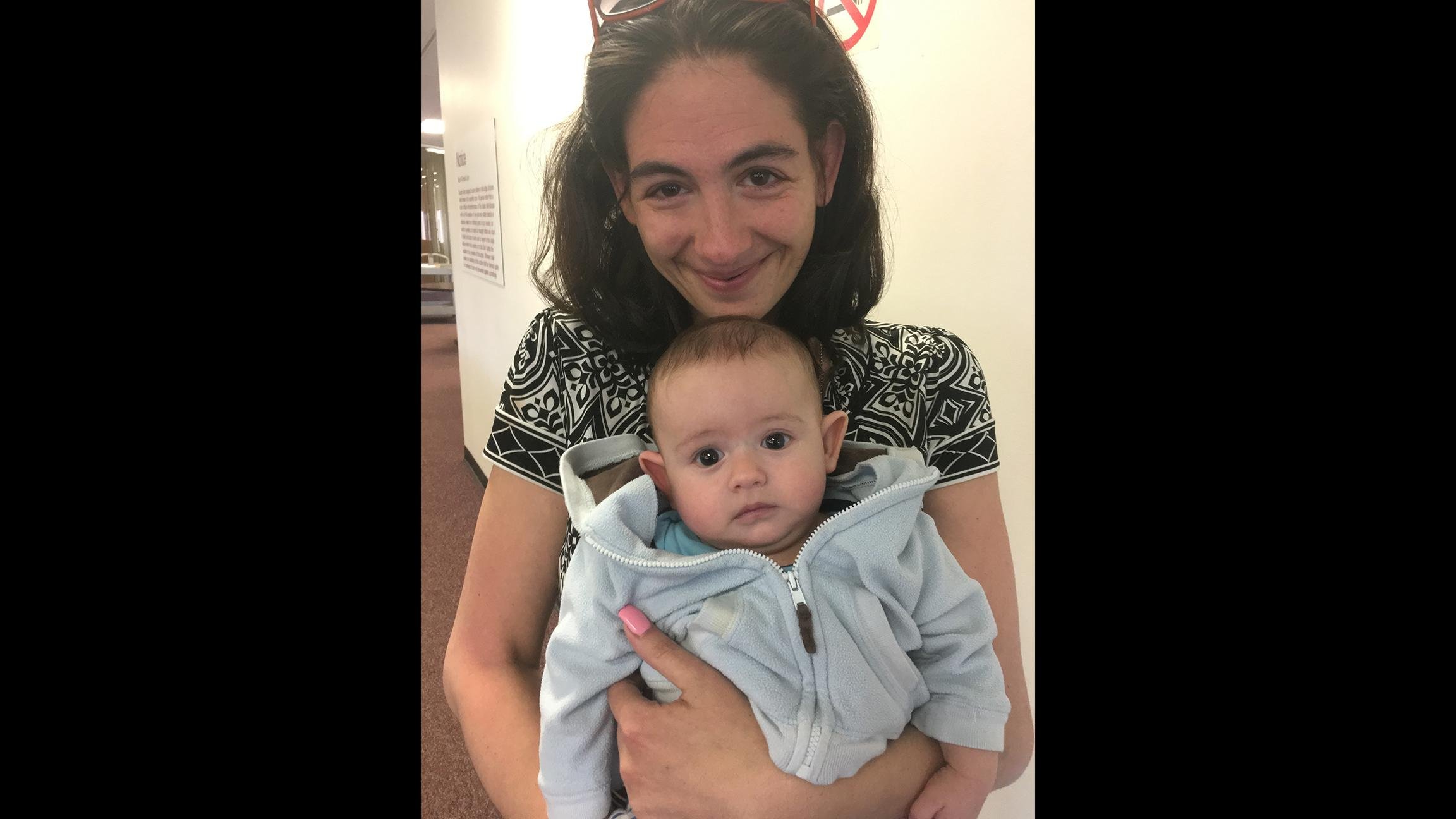 After years of struggle with drug addiction, Ariana Laffey, 35, calls baby Aiden her miracle. (Brandis Friedman / Chicago Tonight)
After years of struggle with drug addiction, Ariana Laffey, 35, calls baby Aiden her miracle. (Brandis Friedman / Chicago Tonight)
Laffey’s says she’s committed to staying clean, since her relapse a year ago.
“There are people out there that are saying, ‘Well, now you’re off probation, you’re gonna get high again, you were only clean because you had to be.’ Yes, in the beginning. A year later, I decided I’m going to stay clean because I deserve it,” she said.
Today, the charges that sent them to the jail a couple of years ago are vacated. But this is just the beginning of holding themselves accountable for their own sobriety.
“But that doesn’t make any difference,” Burns tells the group of graduates, “because nobody did it for you. You all did it for yourself. And you know who you can rely on, you know who your friends are, you know that you can always pick up the phone, instead of picking up a rock, a pill or a bag,” Burns said.
But these grads have a new high – on life.
![]()
Last year, Cook County spent about $1.2 million partnering with service providers – like the Salvation Army and A Safe Haven, among others – for rehabilitative treatment of participants.
Follow Brandis Friedman on Twitter: @BrandisFriedman
Related stories:
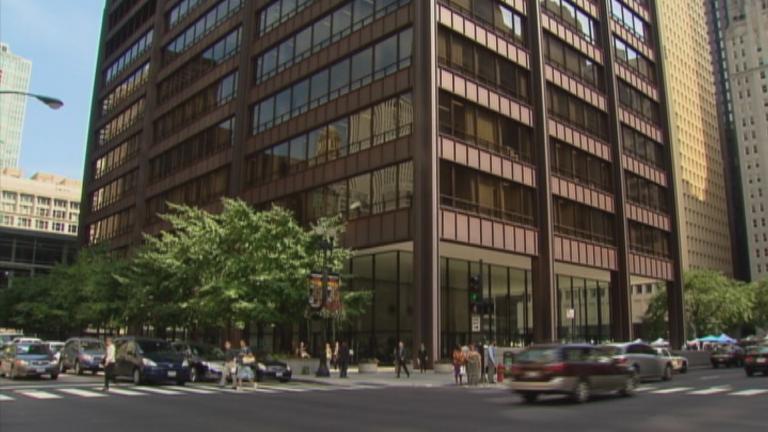 How Do Cook County Judges Stack Up?
How Do Cook County Judges Stack Up?
May 1: After two high-profile stories about troubling judicial conduct, a look at judges’ ethical responsibilities and the quality of the county judiciary.
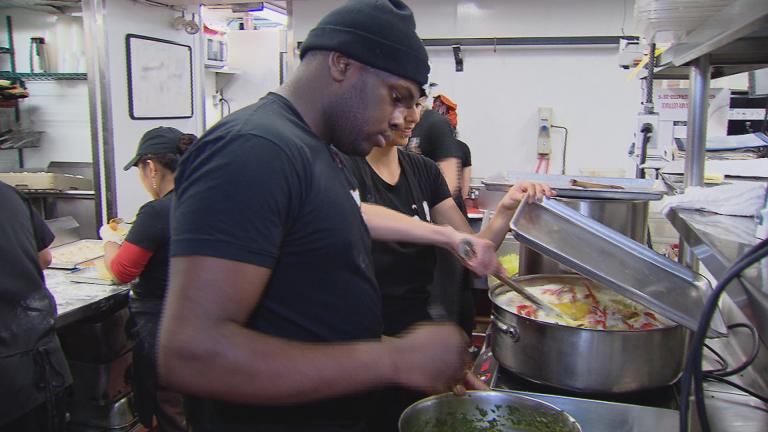 Judges Help Foster Children Find Independence
Judges Help Foster Children Find Independence
Dec. 21, 2016: From the foster system to one of the hottest restaurants in town: How one young man is “mixing it up.”
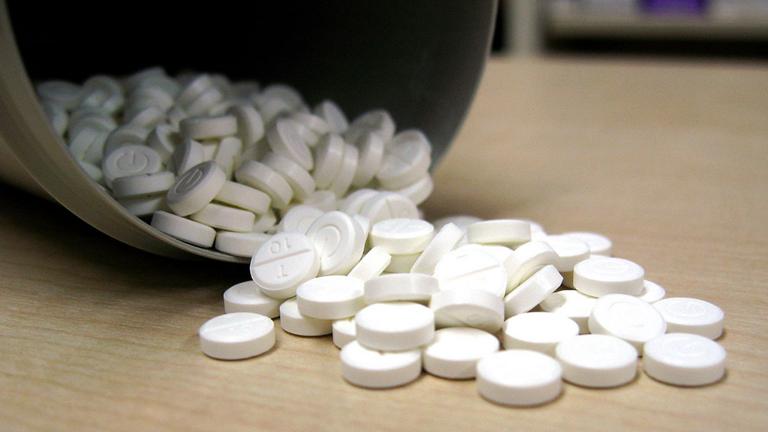 Chicago Recovery School to Offer Teen Addicts Chance to Get Clean, Earn Diploma
Chicago Recovery School to Offer Teen Addicts Chance to Get Clean, Earn Diploma
Dec. 21, 2016: Planning is underway to open a recovery-based high school designed specifically for students dealing with substance abuse disorders in downtown Chicago next year.


